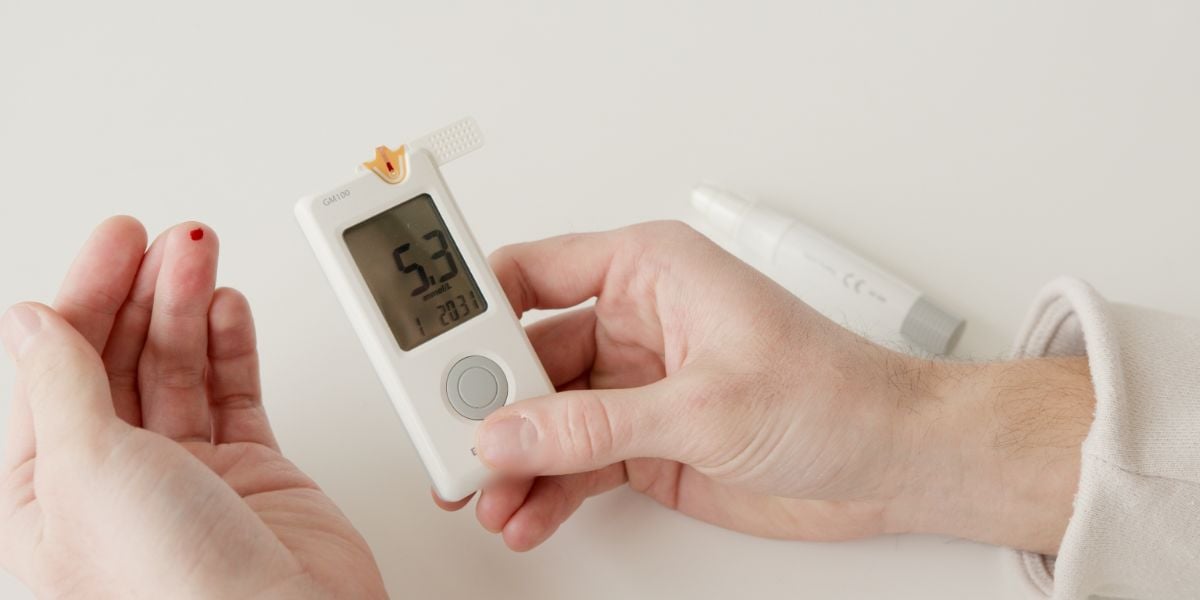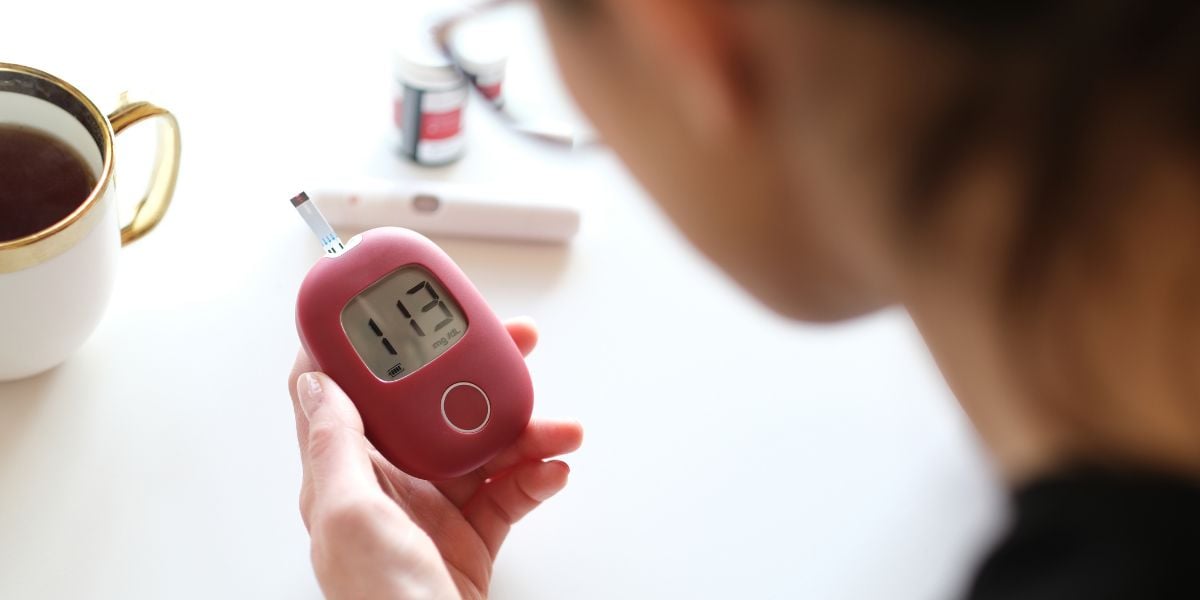Self monitoring of blood glucose or SMBG refers to home blood glucose testing for people with diabetes.
Self monitoring is the use of regular blood testing to understand one’s diabetes control and inform changes to improve one’s control or wider regime.
Self monitoring of blood glucose levels has been a hotly disputed issue for a number of years, particularly with regards to people with type 2 diabetes who are not on insulin.
For information and advice on what to do if your access to testing supplies is restricted, see our availability of test strips page.
Benefits of self monitoring of blood glucose
There are a number of benefits of home blood glucose testing:
- Helps to determine which foods or diet are best for one’s control
- Helps inform the patient and doctor about how well the medication regime is working
- Reduces anxiety about, and increases understanding of, hypoglycemia
- Its important for undertaking dangerous tasks which could be influenced by high or low blood sugar, such as driving and handling dangerous machinery
Willingness and committment
The benefits tend to be most pronounced when the patient displays a willingness and commitment to test and has been given enough education on when to test blood glucose levels and interpreting the results to get the most out of the testing.
Disadvantages of home blood glucose testing
The disadvantages are mainly seen when either the patient lacks motivation to test or does not have sufficient education on how to interpret the results to make sufficient use of home testing equipment.
Where this is the case, the following disadvantages may outweigh the potential benefits:
- Anxiety about one’s blood sugar control and state of health
- The physical pain of finger pricking
- Expense to the NHS






